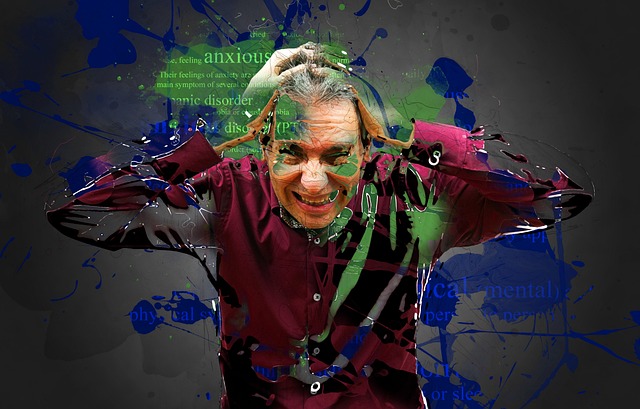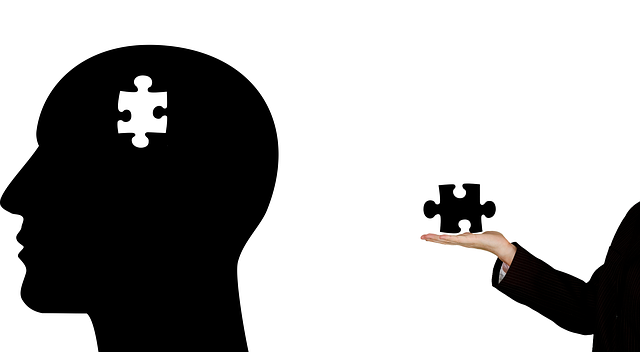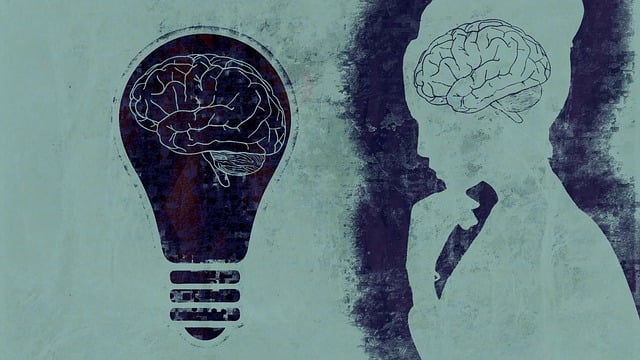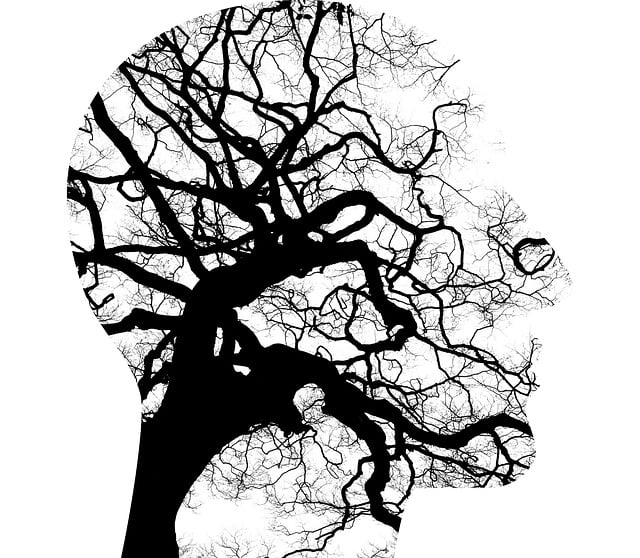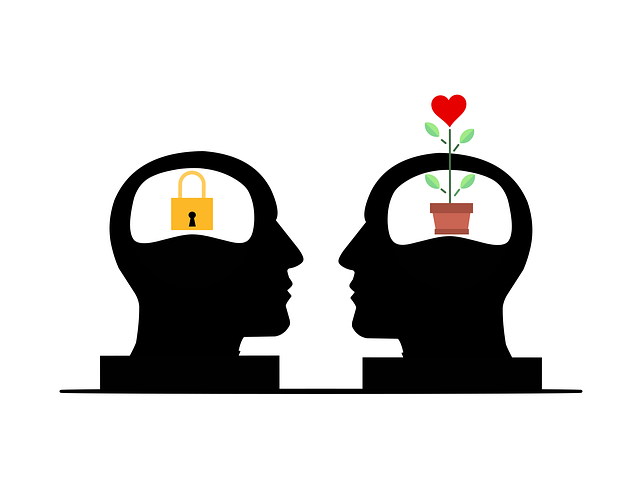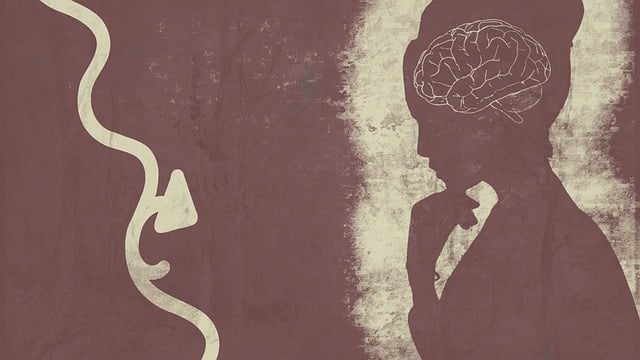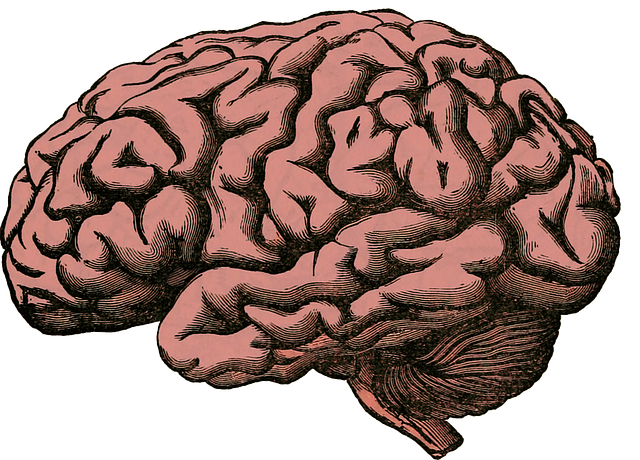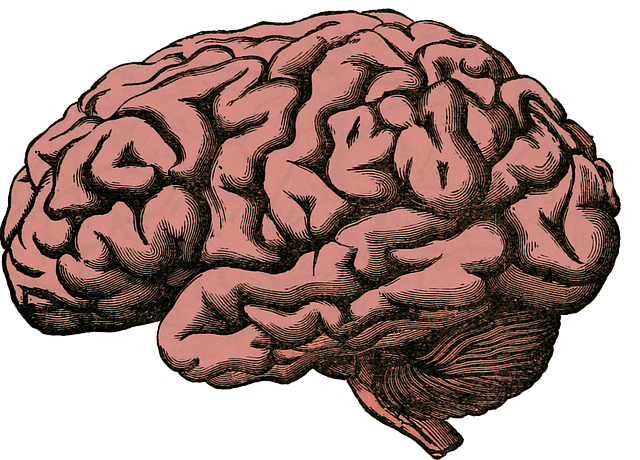Denver International Adopts Therapy (DIAT) is a specialized program using evidence-based social skills development to empower individuals with mental health conditions like anxiety, depression and social phobias. Through holistic practices including Mindfulness Meditation and Mental Wellness Journaling, DIAT helps clients build confidence in interactions, enhance communication techniques, cultivate empathy, and develop effective coping mechanisms. Their comprehensive approach combines individual therapy, group activities, risk management planning, and burnout prevention strategies to promote emotional well-being and improve mental health outcomes, with a focus on fostering meaningful relationships and community engagement.
Social skills training is a powerful tool for individuals navigating mental health conditions, offering a path to enhanced well-being and improved quality of life. This comprehensive guide explores the intricate link between social interaction and mental health, highlighting the transformative power of Denver International Adoptions Therapy (DIAT). From understanding common challenges to implementing effective strategies, we delve into the steps toward mastering social skills, with a focus on DIAT’s innovative approach, measuring success, and the profound impact on individuals’ lives.
- Understanding the Link Between Social Skills and Mental Health
- The Role of Denver International Adoptions Therapy in Skill Development
- Common Challenges in Social Interactions for Those with Mental Health Conditions
- Strategies and Techniques for Effective Social Skills Training
- Measuring Success: Evaluating the Impact of Social Skills Training
Understanding the Link Between Social Skills and Mental Health

Social skills are integral to our overall well-being, and their impact on mental health cannot be overstated. Many mental health conditions, such as anxiety, depression, and social phobias, can stem from or be exacerbated by difficulties in social interaction. Individuals struggling with these conditions may find themselves isolated, leading to further distress and a decline in mental wellness. At Denver International Adoptions Therapy, we recognize the profound connection between social skills development and mental health improvement.
By implementing effective social skills training, individuals can learn to navigate interpersonal relationships more confidently. This process involves understanding non-verbal cues, improving communication techniques, and developing empathy towards others. These acquired skills not only foster meaningful connections but also serve as powerful stress reduction methods. Additionally, integrating practices like Mindfulness Meditation and Mental Wellness Journaling Exercise Guidance into therapy sessions can enhance the benefits of social skills training, creating a holistic approach to healing and overall mental wellness.
The Role of Denver International Adoptions Therapy in Skill Development

Denver International Adoptions Therapy (DIAT) plays a pivotal role in empowering individuals with mental health conditions to enhance their social skills and overall well-being. This specialized therapy goes beyond traditional approaches by offering tailored interventions designed to address the unique challenges faced by adoptees, foster care alumni, and those dealing with trauma or attachment issues. Through evidence-based techniques, DIAT fosters a nurturing environment where individuals can develop essential communication strategies, build self-esteem, and find healthy ways to manage anxiety relief.
The therapy program at DIAT is meticulously crafted to support personal growth by teaching effective social interaction skills. Participants learn to navigate relationships, express their needs, and understand the perspectives of others. By integrating various therapeutic modalities, including play therapy, art therapy, and cognitive-behavioral techniques, DIAT facilitates a holistic development process. This comprehensive approach ensures that individuals not only improve their social skills but also develop resilience, fostering better mental health outcomes in their daily lives.
Common Challenges in Social Interactions for Those with Mental Health Conditions

Individuals with mental health conditions often face unique challenges when it comes to social interactions due to the nature of their illness and its impact on daily functioning. Anxiety, depression, and other psychiatric disorders can make even simple social gatherings overwhelming. For example, a person with social anxiety may struggle to initiate conversations or feel intensely self-conscious in group settings, leading to avoidance behaviors. Similarly, individuals with bipolar disorder might experience significant mood swings, making it hard to maintain consistent relationships or understand social cues. These challenges often extend beyond social gatherings and can affect various aspects of daily life, including employment, education, and overall quality of life.
Denver International Adoptions Therapy (DIAT) recognizes these hurdles and offers specialized programs tailored to address them. Through evidence-based practices and a comprehensive approach, DIAT helps clients develop essential social skills, enhance emotional regulation, and build confidence in social situations. The therapy provides a safe space for individuals to learn and practice communication strategies, assertiveness training, and coping mechanisms tailored to their specific mental health needs. Additionally, DIAT emphasizes the importance of risk management planning for mental health professionals, ensuring that clients receive holistic support while promoting emotional well-being promotion techniques and the development of mental wellness coaching programs.
Strategies and Techniques for Effective Social Skills Training

Social Skills Training involves a multifaceted approach tailored to individual needs. At Denver International Adoptions Therapy, therapists employ evidence-based strategies like role-playing scenarios, cognitive behavioral therapy (CBT) techniques, and group discussions to foster effective communication, empathy, and social interaction. These methods not only enhance self-esteem improvement but also help in managing anxiety and depression associated with mental health conditions.
The training incorporates practical tools for navigating social situations, risk assessment for mental health professionals, and burnout prevention strategies. By combining individual therapy sessions with group activities, Denver International Adoptions Therapy ensures a comprehensive learning experience. This approach promotes the development of healthy relationships, improves coping mechanisms, and empowers individuals to engage more confidently in their communities.
Measuring Success: Evaluating the Impact of Social Skills Training

Measuring the success of social skills training is an essential aspect of understanding its impact on mental health conditions. At Denver International Adoptions Therapy, our approach involves a comprehensive evaluation process to assess both short-term and long-term improvements. We employ various methods, including self-reporting questionnaires, peer feedback, and observational assessments, to gain insights into the participants’ progress.
By combining these strategies, we can effectively gauge the acquisition of social skills, emotional regulation, and overall well-being. This evaluation allows us to tailor our interventions and provide targeted support, ensuring that each individual receives the best possible care. Moreover, successful implementation of social skills training can contribute to burnout prevention strategies for healthcare providers, enhance trauma support services, and even facilitate community outreach program initiatives.
Social skills training, as demonstrated by the effective programs offered by institutions like Denver International Adoptions Therapy, plays a pivotal role in managing mental health conditions. By addressing common challenges in social interactions, these strategies empower individuals to navigate social situations with greater confidence and ease. Through structured techniques, participants gain valuable tools to improve communication, build relationships, and foster a sense of belonging, ultimately enhancing their overall well-being. The success of such training is measured through significant improvements in social functioning, which serves as a testament to its importance in holistic mental health care.

